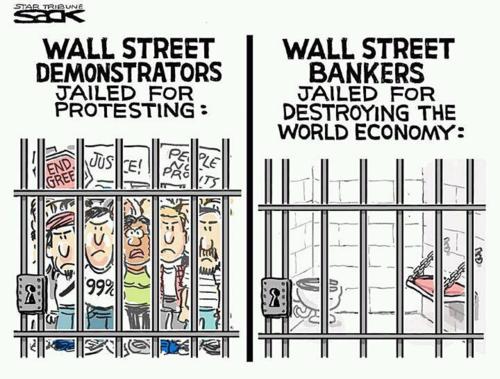
Courtesy BioLite
When I was first introduced to BioLite’s technology a little more than a year ago at an outdoor goods showcase in lower Manhattan, I was equally enchanted and dismissive. The founders of the Brooklyn-based startup had devised a portable, cylindrical wood-burning camp stove that recharges electronic devices through a USB cable. Cool, right? No need to carry gas canisters—or worry about running out of fuel—on an overnight hike. And if you use your smartphone as your camera, here was a way to break camp with enough juice to capture every pano-view and secure photo evidence of that fearsome bear on the opposite ridge. Soon after, I bought one for the one person I could imagine really using it: my friend Claire, who spends much of her year helping to staff a medical clinic in a remote part of Panama where brownouts are frequent (and that’s in areas that have any electricity at all). Yet thinking of Claire confirmed my sense that this was a niche, even superniche, gizmo. A gift for the backpacker who has everything.
Boy, did I miss the bigger picture.
 Courtesy BioLiteHomeStove trials in Osmanabad, IndiaThe BioLite CampStove, it turns out, was the prototype—and revenue stream—needed to develop and launch a larger, though still compact, stove for homes. The founders, Jonathan Cedar and Alec Drummond, met at Smart Design, a New York consulting firm, about 10 years ago and bonded over a shared obsession with efficient, sustainable design. Cedar’s an avid outdoorsman, and the two focused first on the recreational applications of thermal energy as a way to eliminate reliance on batteries and fossil fuels. By the time they had a working prototype of the camp stove—and well before the BioLite CampStove became a surprise hit at REI—they had their eyes on a much larger prize: replacing the sooty, wood- and coal-burning stoves many in the developing world use when they cook their meals.
Courtesy BioLiteHomeStove trials in Osmanabad, IndiaThe BioLite CampStove, it turns out, was the prototype—and revenue stream—needed to develop and launch a larger, though still compact, stove for homes. The founders, Jonathan Cedar and Alec Drummond, met at Smart Design, a New York consulting firm, about 10 years ago and bonded over a shared obsession with efficient, sustainable design. Cedar’s an avid outdoorsman, and the two focused first on the recreational applications of thermal energy as a way to eliminate reliance on batteries and fossil fuels. By the time they had a working prototype of the camp stove—and well before the BioLite CampStove became a surprise hit at REI—they had their eyes on a much larger prize: replacing the sooty, wood- and coal-burning stoves many in the developing world use when they cook their meals.
According to the the Global Alliance for Clean Cookstoves, half the world cooks on “open” fires that are confined in some way, trapping smoke and gases that eventually degrade the health of those around them, especially the women who cook over them. In 2011 the World Health Organization reported that 2 million die prematurely every year from medical issues related to stove pollution. That dreadful toll rose to 3.5 million in 2012 after the Lancet began including indoor air pollution as a factor in cardiovascular diseases.
The breakthrough of BioLite isn’t the low-tech/high-tech magic of charging an iPad with a fire suitable for s’mores. It’s the combustion. The fuels in the BioLite canisters consume 10 times the gases and particulate matter of a normal wood fire. According to the company’s data, the BioLite HomeStove eliminates 90 percent of the typical emissions, or pollution, as it heats your dinner.
The BioLite HomeStove launched two months ago and is now being sold in three countries: India, Ghana, and Uganda. BioLite is eager to discover what people will be willing to pay, and considers a cell phone a decent benchmark (around $45 to $60). “No question [the stove] represents a significant investment for most of our potential buyers,” says Erica Rosen, BioLite’s marketing director. “But if they’re in a nonelectrified community, they’ll make back the cost in four to eight months months on the cost of fuels they’re using now.”
Frequently, when a developed-world company attempts to bring a “solution” to poor villages overseas, it fails in the last mile. This, Cedar says, is why each of BioLite’s initial test markets reflects a different approach. In India, the company is working with a reseller who’s already sold 1.5 million solar lights in three northeastern states. In Uganda, it’s hiring local distributors who operate village-to-village like Avon Ladies. In Ghana, it’s working through a formal public health program that intends to track the use of the stoves carefully to see if they reduce the incidence of respiratory infection and babies born with low birth weights. Each location requires cultural savvy. “Do you light the stove and then invite the women over? Do you gather the women and then start the stove? Do you do the demonstration when the men are at home?” Cedar says, explaining the steep learning curve BioLite finds itself on.





